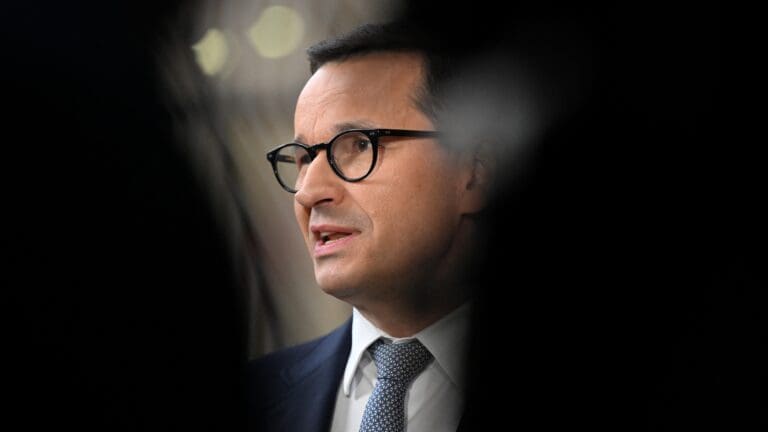Although the Fico government has not yet made a decision on the matter of adopting the Hungarian price monitoring system, it is possible that they will purchase it in the future.
One of the strong campaign themes of the Slovak parliamentary elections held on 30 September 2023 was to curb the increase in food prices. Since then, although inflation has decreased to around four per cent, the issue is still on the agenda.
According to Slovak news agency TARS, Slovak Finance Minister Ladislav Kamenický expressed his conviction on 25 February that
establishing an effective price monitoring system alone would curb the factors driving price increases.
‘The head of the Slovak Trade Agency said that if we were to monitor price developments, they would decrease moderately. We plan to go to Hungary, where an interesting solution compares the prices of identical products offered by various companies, primarily referring to various types of cheese, eggs, bread, butter, and other basic foodstuffs,’ the finance minister stated. Through the system, ‘buyers can compare prices offered by different supermarket chains,’ he added.
‘I would prefer to purchase the price monitoring system; the Hungarians already have it, and it would be a cheaper solution than building a new system ourselves,’ Kamenický explained. The minister referred to the arfigyelo.gvh.hu website, which has been operating since July 2023 and tracks the movement of prices of about sixty basic food products in approximately 1200 stores. The site updates the data on a daily basis.
President of the Slovak Retail Association Martin Krajčovič stated that they have already discussed this matter with the Ministry of Finance; however, it is not yet clear how many product prices would be scrutinized if implemented. The Fico government has not yet made a decision on the matter, so even if they were to implement it, it would not happen in the next few months. The costs of operating the system would be largely borne by the state.
The price monitoring system is an online database developed by the government and the Hungarian Competition Authority. The system provides consumers with information on the selling prices of individual products, which fall into the categories covered by the system. The online price monitoring system came into effect on 1 July 2023. The regulation applies to the largest commercial retail chains as providing data for the monitoring system is mandatory for those companies whose net revenue exceeds HUF 100 billion. In addition to collecting the data necessary for identifying the products,
the price monitoring system keeps track of daily and regular prices by retailer and store.
Retailers who are not subject to mandatory reporting obligations may voluntarily connect to the electronic system. The online price monitoring database is operated by the Hungarian Competition Authority. The use of the price monitoring database significantly strengthens transparency, makes various pricing practices known, and prevents overpricing. Ultimately, the service contributes to increasing market competition in the retail sector in line with the interests of consumers.
Related articles:
Sources: Hungarian Conservative/Világgazdaság








